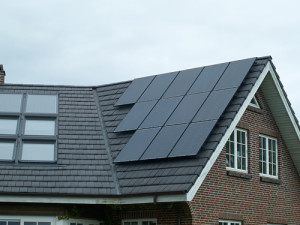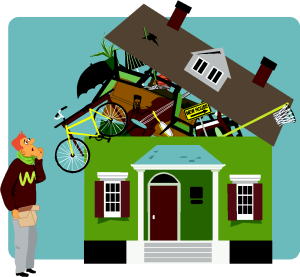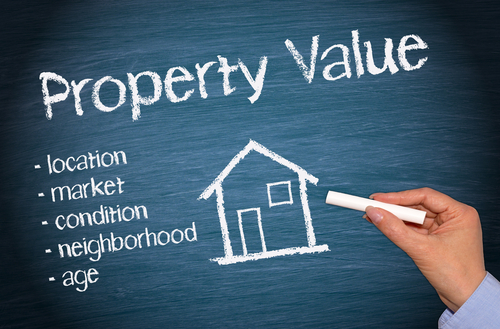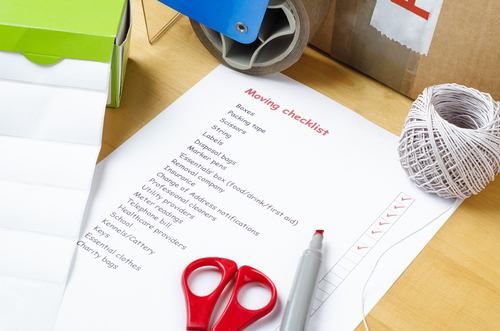Hack Your Downpayment

The biggest hindrance to home-ownership for most young couples is the dreaded downpayment. In fact, may couples believe that between living expenses and school loans, they’ll never be able to save up enough for a downpayment on a house or even a condominium. If making the move from renting to owning is a priority for you, you’ll need to become aggressive in your savings and spending-cuts.
Since the median price for a home is around $275,000, you’ll need around $55,000 for the downpayment with a conventional loan. Here are some ideas to get you started:
- Create a separate savings or money market account for your downpayment monies. Having your money in a separate account helps you avoid infringement into your nest egg when emergencies crop up. In fact, you should set aside about $1000 for emergencies outside of your downpayment savings to cover pesky things like blown tires, unexpected fines or other unforeseen drains on your money.
- Make a big lifestyle change. If your extended family is on board with your home purchase, see if you can move in with them for a while. A year with the in-laws might be uncomfortable, but in the end you could save an extra $12,000 to $20,000 from rent.
- Take an extra job. If you can pick up some hours in the evenings and weekends and earmark ALL of the income for your downpayment account you can boost your account considerably. On the other hand, avoid trying to make side money with a hobby unless you already own the equipment (cameras, tripods, etc., if you’re a photographer or saws, power tools and other equipment if you’re into woodworking), because you may end up spending more than you make.
- Make extreme decisions such as selling an expensive vehicle and driving a less expensive one or ridesharing for a specific period. During this time determine to socialize on a more limited basis … instead of eating out, host a potluck or BYOM barbecue.
- Evaluate memberships and subscriptions (gym membership, Netflix, cable, coffee of the month) and consider suspending them for 12 to 15 months and redirecting that money into your savings. Or, substitute Netflix for cable and movie night if you’re the type that goes out a lot.
- Make your savings fun. Create games and competition to see who can save the most. If you’re saving alone, find a friend in a similar situation and create a savings race with them.
Don’t forget to set aside a little fun money along the way. Too much austerity can cause stress and friction when you’re used to more extravagant spending habits. So, when you reach a milestone, have a dinner out, or go see a movie. Just don’t slip into retail therapy without specific limits or you’ll just be frustrated when you don’t reach your goals as soon as you planned.
If you need more suggestions on ways to save up for a downpayment, or options for loans that require a lower downpayment, your real estate professional can help.
Compliments of Virtual Results








 Whether you’re preparing your home to sell, or your packing up to move to your new home … clutter can be your worst enemy.
Whether you’re preparing your home to sell, or your packing up to move to your new home … clutter can be your worst enemy. The short answer is “yes,” but know what you’re signing up for.
The short answer is “yes,” but know what you’re signing up for.

 Okay, there’s really not a simple way to relocate … after all, you’re uprooting yourself, moving away from friends or family or both, leaving your comfort zone and launching out into the world. But, there are some things you can do to make it less stressful for yourself and your family. Each year, nearly 20 percent of the American population makes a move, so there is lots of tried and true advice for relieving some of the anxiety about your move.
Okay, there’s really not a simple way to relocate … after all, you’re uprooting yourself, moving away from friends or family or both, leaving your comfort zone and launching out into the world. But, there are some things you can do to make it less stressful for yourself and your family. Each year, nearly 20 percent of the American population makes a move, so there is lots of tried and true advice for relieving some of the anxiety about your move.

 Catch Our Feed
Catch Our Feed Subscribe via Email
Subscribe via Email Follow Our Tweets
Follow Our Tweets Friend Us On Facebook
Friend Us On Facebook Watch Us On Youtube
Watch Us On Youtube